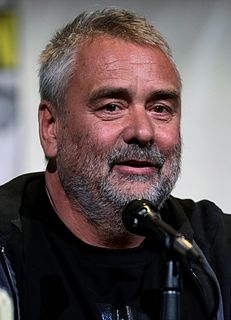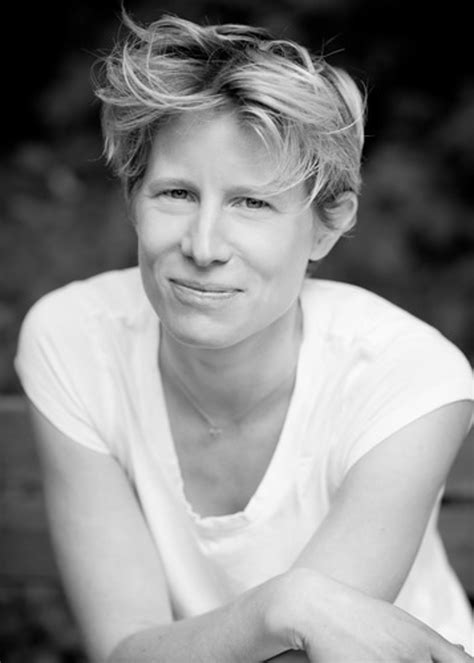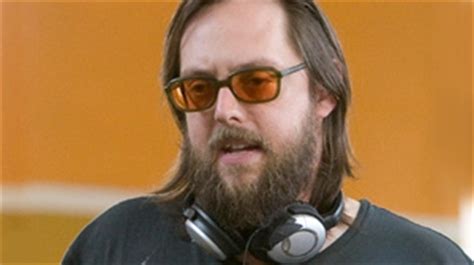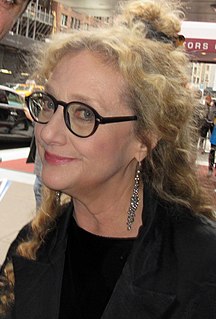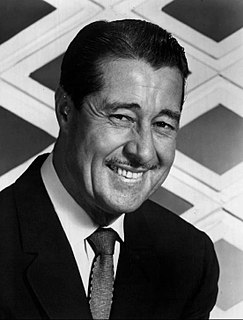A Quote by Carrie Mae Weems
Suddenly this camera, this thing, allowed me to move around the world in a certain kind of way, with a certain kind of purpose. (On receiving a camera for her twenty-first birthday)
Related Quotes
The difference between an amateur and a professional photographer is that the amateur thinks the camera does the work. And they treat the camera with a certain amount of reverence. It is all about the kind of lens you choose, the kind of film stock you use… exactly the sort of perfection of the camera. Whereas, the professional the real professional – treats the camera with unutterable disdain. They pick up the camera and sling it aside. Because they know it’s the eye and the brain that count, not the mechanism that gets between them and the subject that counts.
There is a kind of silver spiderweb that's spun around the world, and the strands of that web are certain loves and certain understandings. And if we follow those, and if we walk those strands, we're going to meet others at the intersections who have been walking the same way across this web. And when we meet, there's a kind of "I know who you are."
I hate it when you are watching a movie where the characters are on the news, and for some reason they shoot it with a 35mm camera or a 4K camera, and they just put it on the TV as if that's the way it would look - it always takes me out of it by putting a filter on certain things. If it's too high quality, you're never gonna buy it.



